Prostatitis Capsules
Predstonorm Capsules

€ 39€ 78

 Doctor Gerald
Doctor Gerald

Notice!To ensure long-lasting treatment results, it is recommended to repeat a course of Predstonorm every six months.
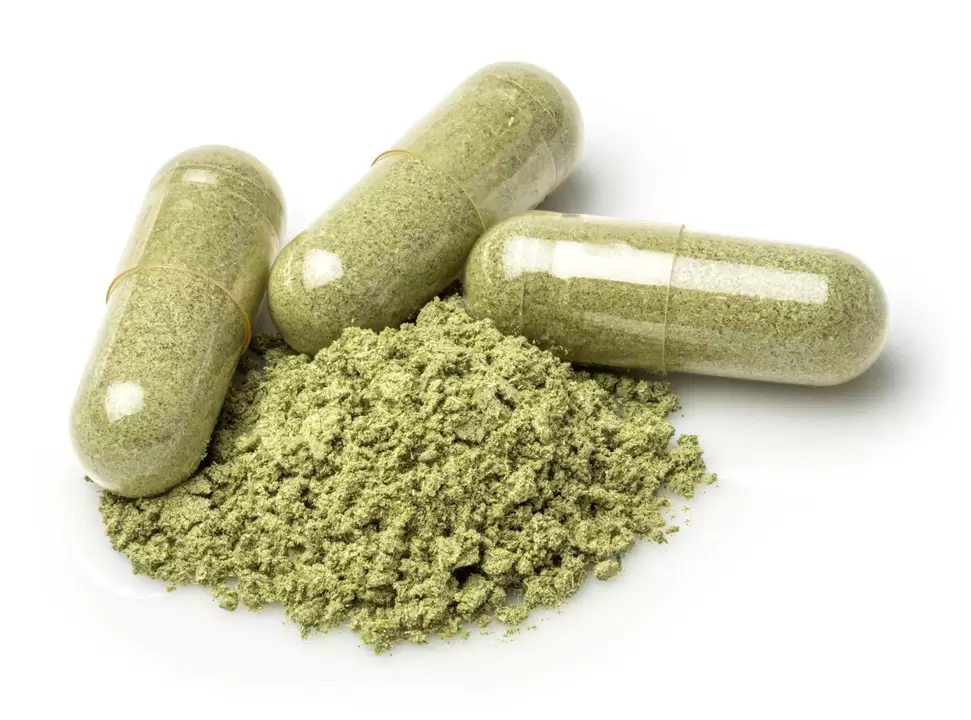
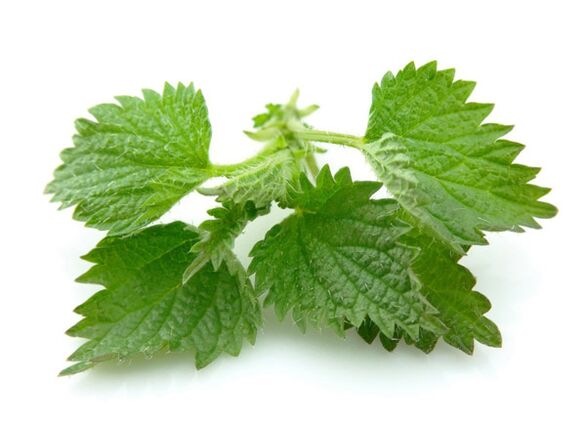 Nettle leaves. They prevent prostate enlargement, reduce inflammation and relieve pain.
Nettle leaves. They prevent prostate enlargement, reduce inflammation and relieve pain.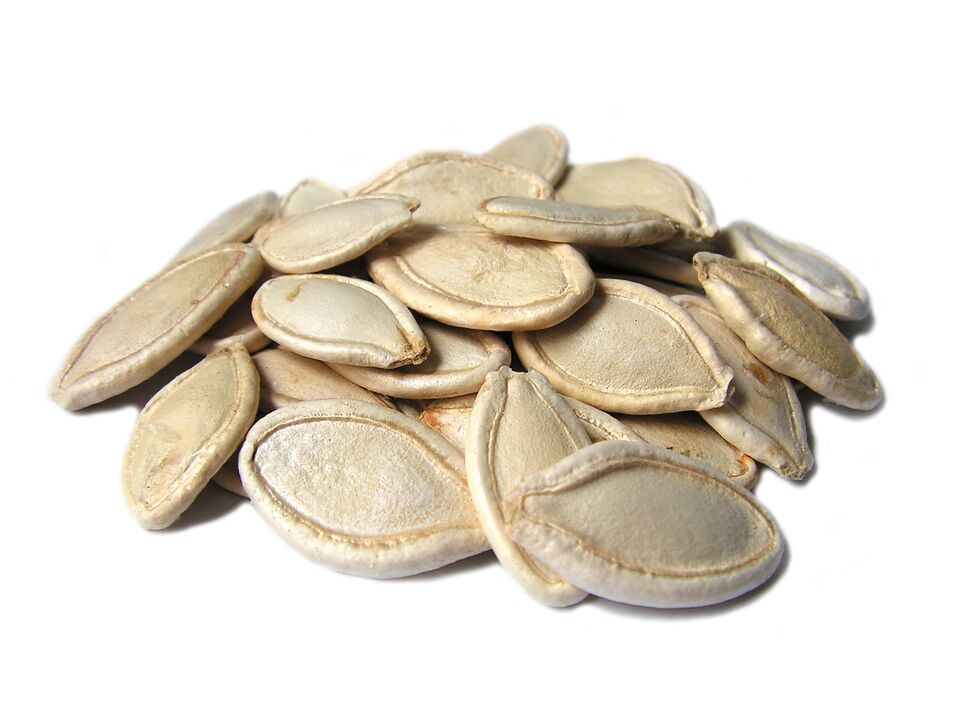 Pumpkin seeds. They help eliminate stagnant processes and have a positive impact on the entire genitourinary system.
Pumpkin seeds. They help eliminate stagnant processes and have a positive impact on the entire genitourinary system.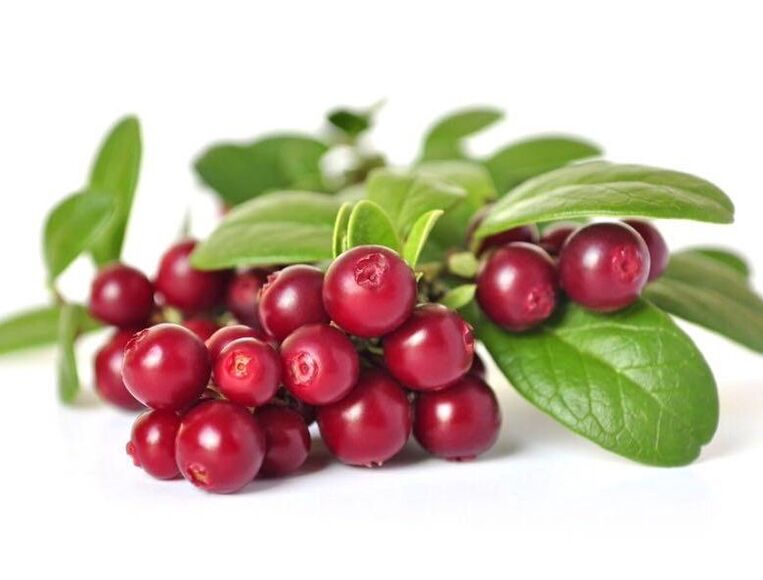 Cranberry extract. It has a positive effect on the functioning of the genitourinary system and has antibacterial properties.
Cranberry extract. It has a positive effect on the functioning of the genitourinary system and has antibacterial properties.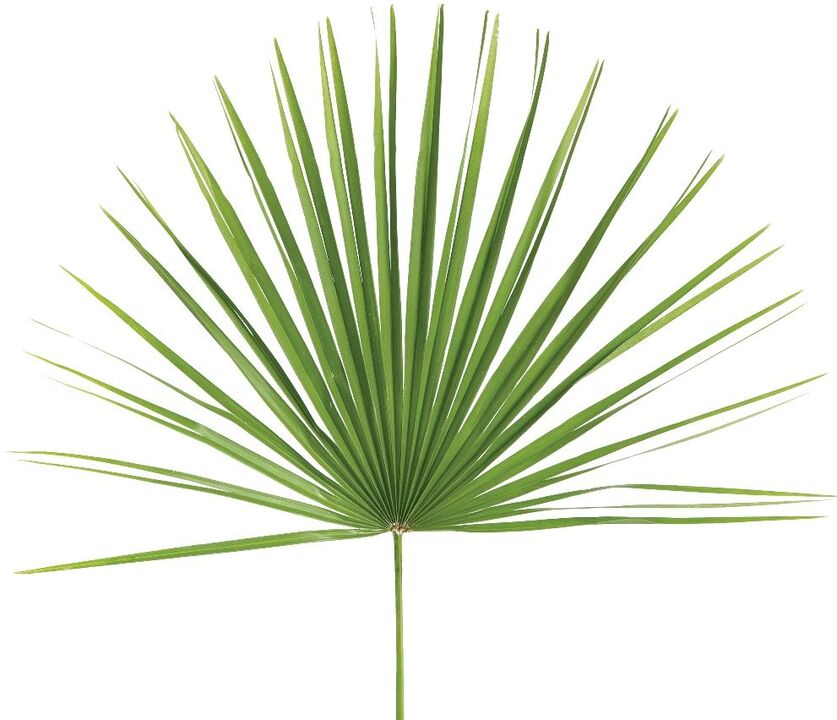 The fruit of the saba palm. They help restore reproductive health and have anti-tumor activity.
The fruit of the saba palm. They help restore reproductive health and have anti-tumor activity.| Types of prostatitis | Features | symptom |
|---|---|---|
| non-bacterial | Occurs due to disturbance in the urinary process. The stagnation of urine in the kidneys contributes to the deposition of metabolites. This leads to the development of inflammatory processes in the prostate and the formation of kidney stones. | Chronic pain in the pelvic area with urinary dysfunction. |
| Follicular | Temperature rises moderately. Purulent inflammation occurs in prostate lesions. | The pain spreads to the anus. Difficulty urinating: Urine is passed out in a thin stream. |
| catarrhal | The inflammatory process is located in the various lobes of the prostate. As a result, the hair follicles become engorged, leading to disease progression. | Pain in the perineum, difficulty and pain during urination. |
| parenchyma | Extensive damage to prostate tissue. The formation of multiple foci of purulence leads to the formation of an abscess. | There are obvious signs of poisoning in the body, accompanied by hyperthermia (body temperature reaches 39-40 degrees Celsius). There are acute urinary retention and difficulty in defecation. |
Important!During the experiment, the subjects did not notice any side effects.